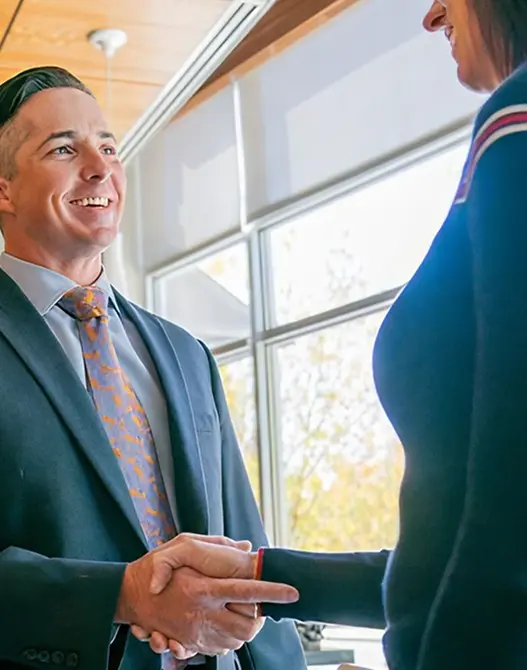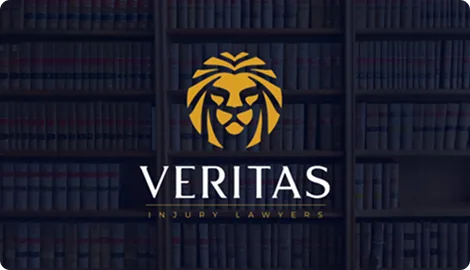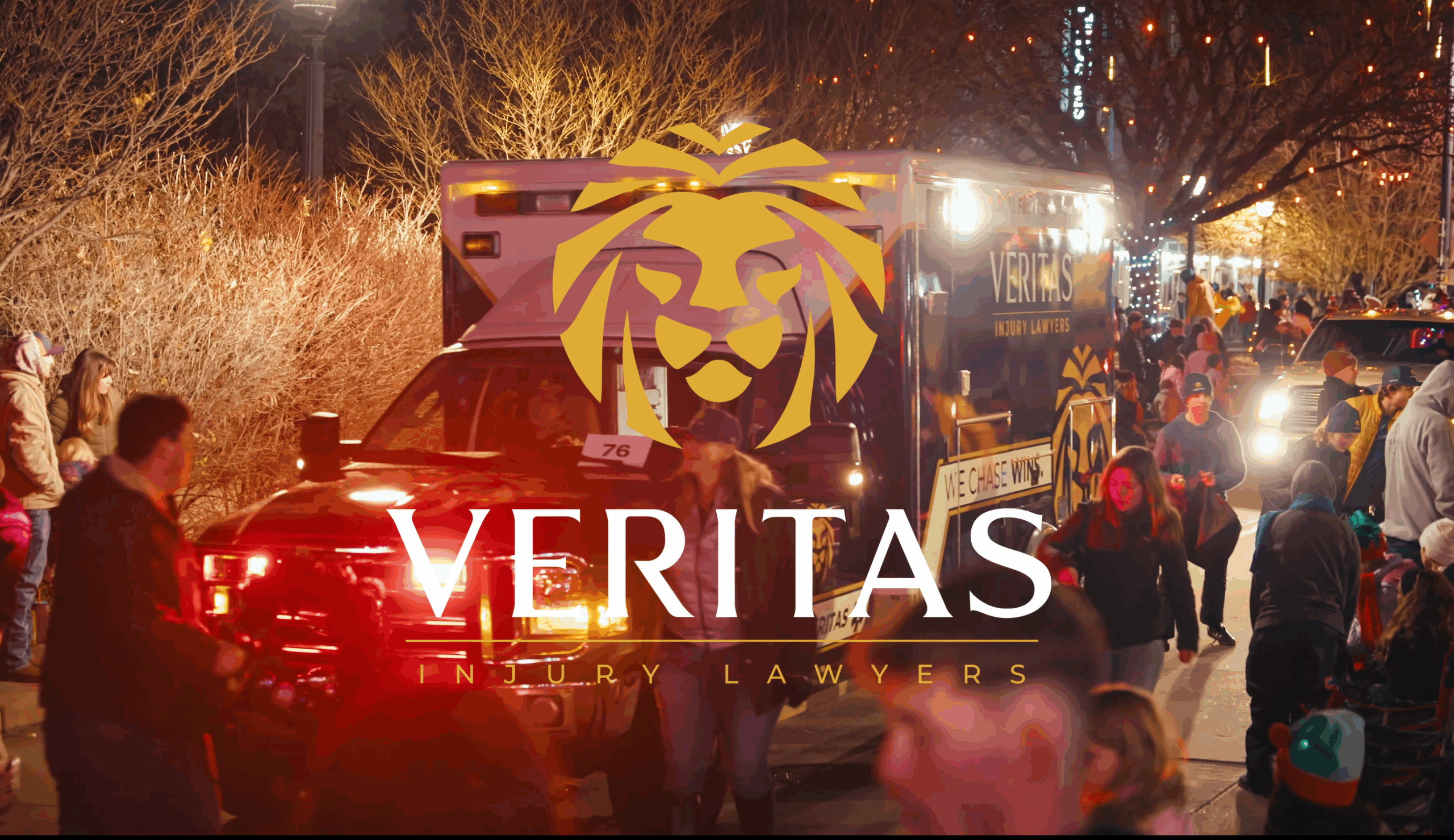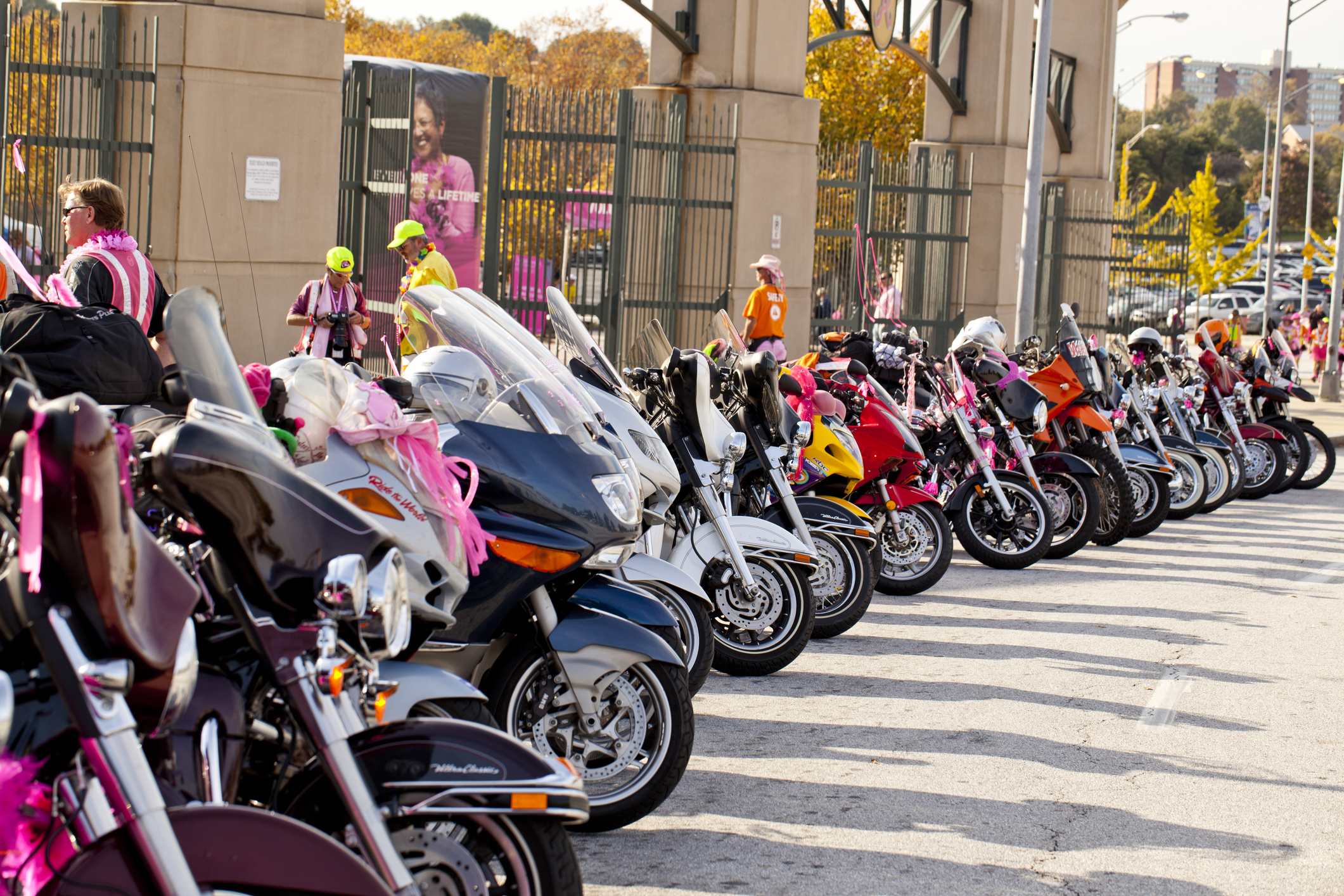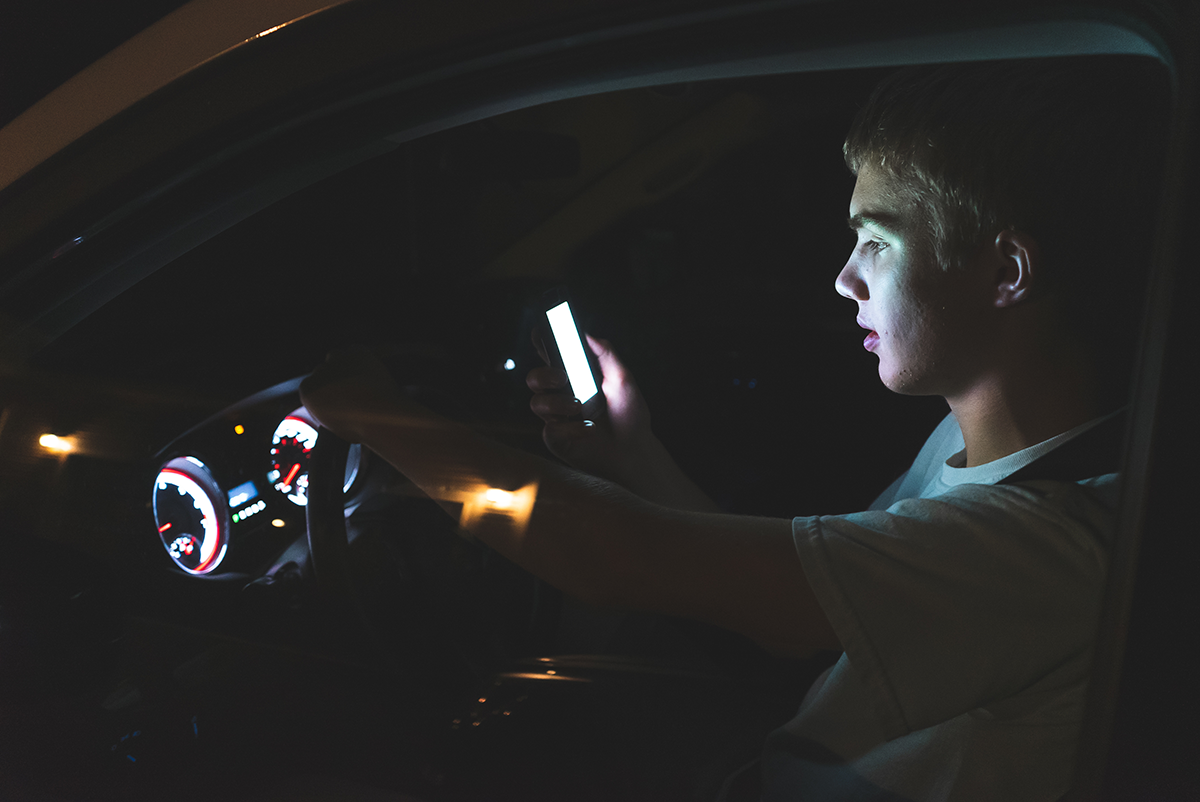If you or a loved one has been seriously injured in a car accident in Colorado due to someone else’s negligence, hiring the right personal injury attorney can make a significant difference in your recovery. Insurance companies aim to minimize their payouts—but a skilled Grand Junction car accident lawyer knows how to fight back and pursue the full compensation you deserve.
Before hiring any lawyer, ask this critical question: “Can you confidently tell me that your representation will likely result in a higher financial recovery than I could achieve on my own?” If the answer isn’t a firm yes, keep searching.
At Veritas Injury Lawyers, we’ve earned the trust of injured clients throughout Grand Junction and across Colorado by securing real results. We don’t just handle claims—we build strong cases designed to win.
Schedule a free consultation online today. Don’t leave your future in the hands of the insurance company—put it in the hands of the truth.
At Veritas Injury Lawyers, our Grand Junction auto accident lawyers are upfront and honest with you in evaluating your case. If we cannot add value to your legal proceedings, we will not take it. That is one of our main objectives with every claim we handle.
We are confident in our ability to accomplish it because of our legal team’s thorough knowledge of personal injury law, much of it obtained while working on the other side of these claims, protecting the interests of insurance companies.
On This Page
Insight into a Car Accident Gained from Experience
Attorney Gary Doehling and our firm’s claims manager worked for decades representing large insurance providers. These companies market themselves as putting customers first, but the truth is, they use loopholes and technicalities to minimize the amounts they pay out to victims in personal injury claims.
Our Colorado car accident attorneys understand the tactics these companies employ. We provide a thorough report to the representatives of insurance companies, clarifying exactly how we landed at the settlement amount we seek in each car accident lawsuit. We know what a claim is worth, and we know how to prove it to insurance companies.
This depth of experience gives us the insight needed to counter common defense strategies effectively. By utilizing proven negotiation techniques, we aim to maximize the settlement offers our clients receive. Our firm is dedicated to holding insurance companies accountable, ensuring they fulfill their obligations to the injured party. Moreover, we emphasize communication, keeping our clients informed at each step of the process. Our lawyers strive to empower our clients by equipping them with the knowledge they need to make informed decisions about their claims.
Our work and insight provide the insurance companies’ attorneys and adjusters with everything they need to validate our demand for settlement.
If they decline, our attorneys are trial-tested and ready to protect our clients’ interests in court.
Understanding Colorado Car Accident Laws
Navigating the legal landscape after a car accident in Colorado involves understanding various state-specific laws. Colorado operates under a fault-based system, often called a tort system, where the party responsible for the accident bears the financial responsibility for resulting damages. This means that understanding the nuances of proving fault is critical for a successful claim. Issues like comparative negligence, where the amount of fault can reduce monetary awards, make legal guidance from a car accident lawyer in Grand Junction offers particularly valuable.
The state also imposes time limits on when claims can be filed, known as the statute of limitations. In Colorado, you generally have three years from the date of a vehicular accident to file a personal injury lawsuit. However, this period can vary depending on the details of your case, such as the involvement of government entities. Ensuring compliance with these timelines is crucial to preserving your right to recover damages. At Veritas Injury Lawyers, our attorneys ensure that every procedural requirement is met to avoid unnecessary complications.
What Information Do I Need to Collect After an Accident?
Following a car accident, the most important thing is to ensure your and everyone’s safety. Check on yourself and the other people involved and call 911 if necessary. Next, it is imperative that you take steps to immediately obtain as much evidence as you can. After confirming everyone involved in the accident is safe, collect the following from all drivers, passengers, pedestrians, and witnesses involved in the accident:
- Names
- Contact numbers
- Addresses
- Insurance information
- Driver’s license numbers
In addition, make notes about as much of the following as you can:
- How Did the Accident Occur?
- Did Anyone Involved in the Accident Immediately Report Any Injuries to First Responders or Anyone Else?
- Was Anyone Provided Medical Assistance at the Scene of the Accident?
- Where Did the Accident Take Place?
- When Did the Accident Occur?
- Were There Any Weather Conditions That Could Have Contributed to the Accident, such as a Bright Glare from the Sun or Roads Slippery from Rain?
- Was There Anything Already Wrong with any of the Vehicles Involved Prior to the Accident, such as a Broken Headlight, Brake Light, Signal, Flat Tire, Dents, etc.?
- What Damage Was Sustained to the Vehicles as a Direct Result of the Accident?
- Were Any of the Vehicles Towed from the Scene of the Accident?
- Did Anyone Verbally Admit Responsibility for the Accident, and What Comments Were Made?
- Were the Police Called to the Scene?
- If so, what were their names and badge numbers?
- Did they issue anyone a ticket?
- Did Anyone Appear to Be Under the Influence of Drugs and/or Alcohol?
- Were Any of the Involved Parties Driving a Company-Owned Vehicle or Driving for Work-Related Reasons at the Time of the Crash?
Gathering detailed information promptly can be crucial to filing a strong claim and protecting your rights. In addition to collecting information and evidence, consider keeping a personal record of your recovery process. Document any new symptoms or medical visits related to the accident. This record can further substantiate your claim and ensure that every aspect of your injuries and their impacts are recorded.
Should I Call the Police?
Yes. Contact the authorities immediately if you are involved in a car accident, truck accident, motorcycle accident, or any other kind of motor vehicle accident. Reporting the accident to the authorities provides proof of the accident that is essential to your personal injury claim. Calling the police will also provide an opportunity for an immediate investigation of the scene of the accident by a neutral third party.
The police report will include:
- Witness statements
- A check for drug or alcohol use
- And may even secure an admission of fault from the negligent driver
They may also issue one or more traffic tickets for infractions that led to the accident, which can be additional proof of negligence. Even if your car accident was minor, resist the urge to keep things simple by settling things with the other driver(s) on the spot.
Having a formal police report can be invaluable once the claims process begins or if the issue goes to court. It serves as an unbiased account of the incident from officers who witnessed the aftermath first-hand. This documentation helps in verifying the facts and clearing up any disputes that may arise between you and other parties involved.
Do I Need to Take Pictures of the Accident Scene & Preserve Other Evidence?
Definitely. Even if the police take photos, you should try to take as many pictures as you can from as many different angles as soon as possible after the accident.
You should take photos of:
- The accident location
- The vehicles involved
- Various approaches to the accident scene
- The persons involved, particularly if they have suffered an injury
Also, taking photos of the accident and roadway can capture vital evidence such as “impending” skid marks. Tires do not immediately lock up and change from rolling tires to skidding tires. During the braking process, a tire begins to leave an imprint on the roadway before actually skidding. These marks are “impending” skid marks and are faint marks that can normally be seen on the roadway for only 24 to 48 hours after a collision. An impending skid and a skid mark, when taken together, give a more accurate record of the actual speed of a car before braking.
In addition to photographs, if possible, jot down any observations about the scene or the condition of the road. Note any debris on the road, the visibility conditions, and the position of the vehicles involved in the accident. This comprehensive collection of evidence can help your lawyer build a stronger case and identify any overlooked factors that might have contributed to the accident.
What Should I Do Immediately After an Accident?
Immediately following a car accident, the primary concern should be the safety and well-being of all involved parties. Ensure that you, your passengers, and anyone else involved are moved to a safe location away from ongoing traffic. Once safety is ensured, contact emergency services for any necessary medical assistance. Prompt medical evaluation can be crucial, even if you feel fine initially, as some injuries, like concussions or internal bleeding, might not present symptoms right away.
Another immediate action is to collect pertinent information from everyone involved. Exchange names, contact information, insurance details, and vehicle registration information with the other driver. Gather witness accounts if there are bystanders who can provide valuable insights into the events leading up to and after the accident. Having this information can be critical in later discussions with legal counsel and insurance companies. At Veritas Injury Lawyers, we stress the importance of documenting these details accurately for future reference.

